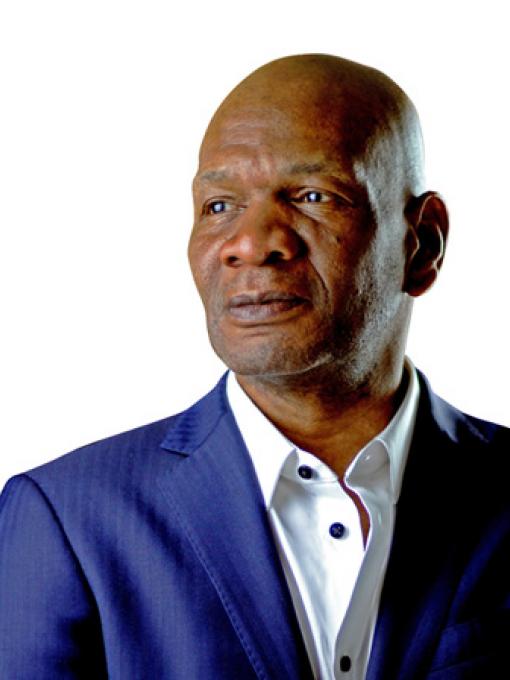It is unfair and unjust for any community to bear a disproportionate burden of the environmental and health effects of pollution and waste. Yet for decades, fossil fuel infrastructure and hazardous waste incinerators have been built in and near communities of color and low-income communities at high rates.
The movement for environmental justice seeks to ensure that every person has the right to an equal degree of protection from environmental and health hazards in the communities where they live, work, and play.
This harmful trend has been documented by numerous reports, including a 2015 study which found that the racial composition of a community is a strong predictor of which areas are chosen as sites for hazardous waste treatment, storage, and disposal facilities. A 2017 NAACP report highlighted the significant health impacts from oil refineries and natural gas facilities on neighboring communities across the United States—overwhelmingly it is communities of color who bear this impact.
The movement for environmental justice seeks to right this imbalance and ensure that every person has the right to an equal degree of protection from environmental and health hazards in the communities where they live, work, and play.
The Biden Admiration took an important step to address this issue, by committing to make environmental justice part of the mission of every federal agency. The establishment of the White House Environmental Justice Advisory Council is another strong step in the right direction.
As Congress begins to place greater attention on this issue, we will be tracking how environmental legislation will impact communities of color, rural communities, Tribal nations, and Indigenous communities.
The recently introduced Environmental Justice for All Act is one such piece of legislation. The bill seeks to strengthen environmental regulation, address health equity, and expand the resources available to local groups and organizations seeking to protect and improve the health of their communities.
FCNL is committed to advocating for policies that expand and strengthen environmental justice in the United States. As Quakers, we seek a world where everyone’s potential can be fulfilled. Together we must support and advance environmental legislation consistent with our values and our grounding as people of faith.
